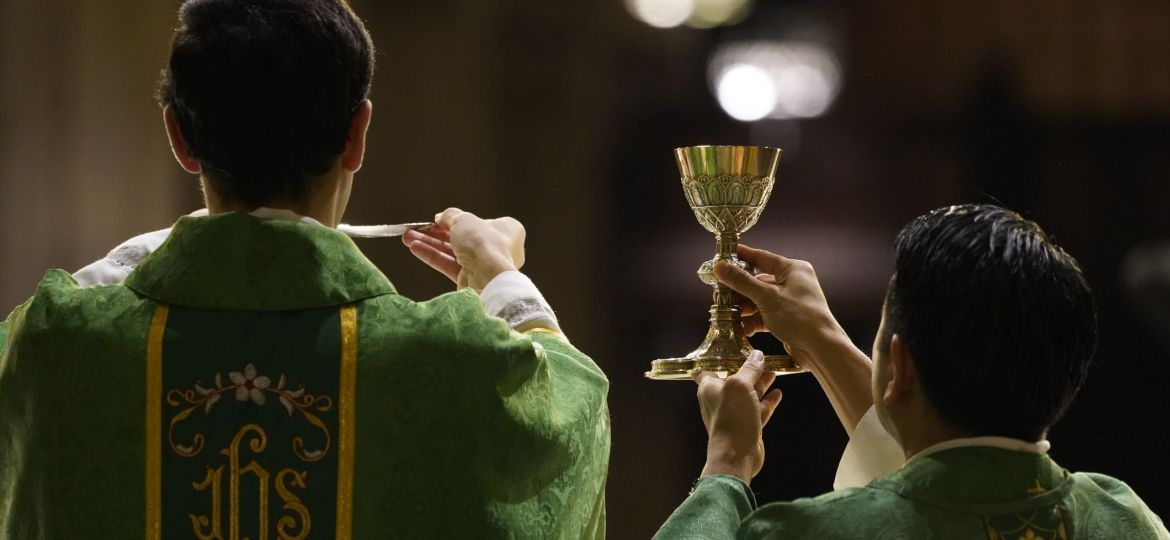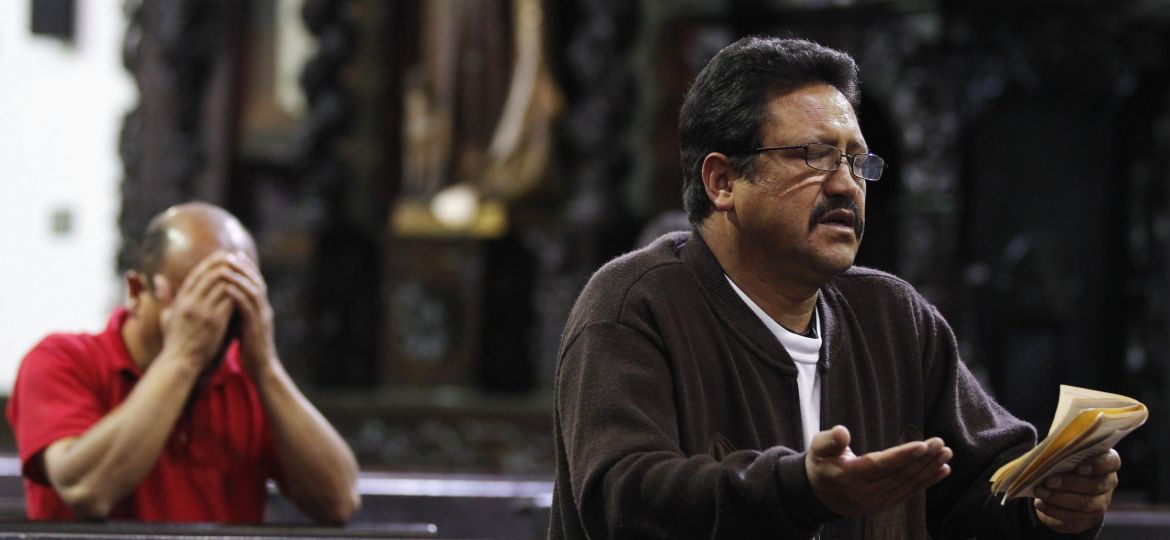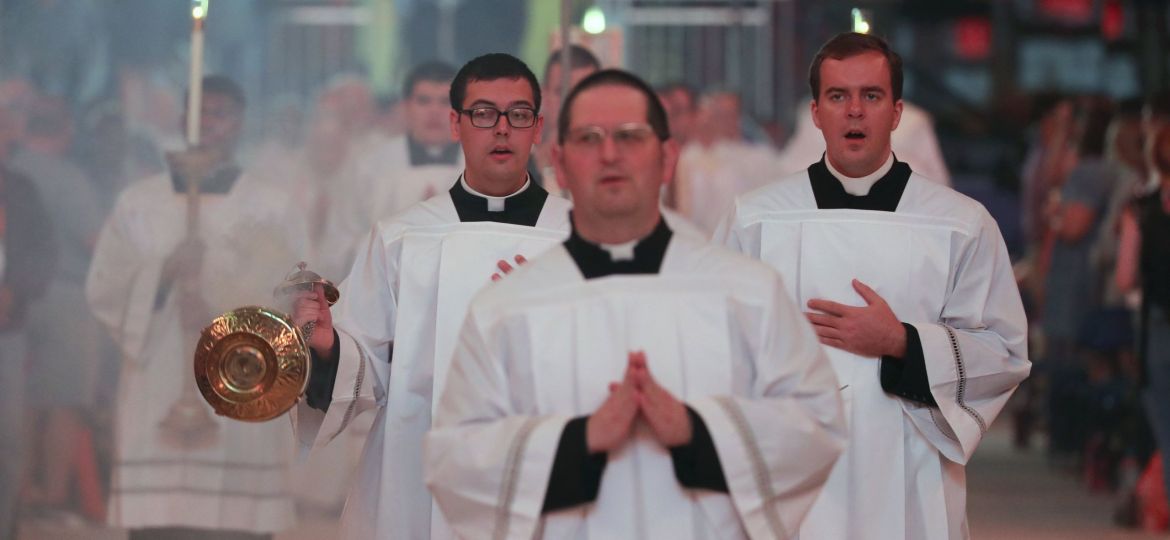As another election concludes, Catholics should remember we are responsible for helping to unify our country. One way to do that is to announce together the Church’s prophetic call to both parties.
When Moses asks God to provide a name that he might share with the enslaved Israelites in Egypt, “God replied to Moses: ‘I am who I am.’ Then He added: ‘This is what you will tell the Israelites: I am has sent me to you.’ God spoke further to Moses: ‘This is what you will say to the Israelites: The Lord, the God of your ancestors, the God of Abraham, the God of Isaac, and the God of Jacob, has sent me to you’” (Exodus 3:14-15).
What is a man? That’s a wonderful question that seems difficult to raise without provoking strong reactions. On the one hand, there are polarizing responses whose proponents seem almost to enjoy being maligned, since the hostility they experience enhances their self-image as gutsy truthtellers. On the other hand, there are also anxious responses that compulsively censor or deconstruct every effort to define masculinity, lest they or anyone in their in-group feel lacking and called to grow.
Christians are required to apologize for their faith. They do this in one of two ways.
Many of us today suffer from scrupulosity, which I think could be defined — at least insofar as it is…
String bracelets with the code WWJD? became a pious fashion trend in the late 90s, and they remain visible today on many teenage wrists. Coming in a variety of bright colors, the bracelets are a visible examination of conscience to the wearer: “What Would Jesus Do?” is a fruitful question to ask oneself in a moment of temptation.
By Father John Bayer, O. Cist. Special to The Texas Catholic Last month, 60,000 Catholics gathered in Indianapolis for the…
I was in an allegorizing mood last week when I visited the church of San Carlo alle Quattro Fontane in the heart of Rome. Designed by the 17th century architect Francesco Borromini, San Carlo is a jewel of astonishing beauty on the corner of a busy intersection.
After celebrating Mass recently for my University of Dallas students in a chapel just a few feet from the bones of St. Peter, I mused on what the fisherman would think of the overwhelming grandeur of the basilica that houses his mortal remains. Many would suspect that his simple Galilean sensibilities would be repulsed by the opulence and gilded pomp of the place, and that thought did cross my mind; but that solution strikes me as too facile and puritanical. My hunch is that Peter would consider the final resting place of his bones, the rock on which this church and the Church are built, to be a fitting reward, a capstone for his efforts to love the Lord.
At Cistercian, we had an incredible view of the total eclipse on April 8. After weeks of wondering whether the weather forecast would prove true – total cloud cover and even rain – we excitedly noticed the sun piercing through the clouds just as the school was processing to the abbey to celebrate the Solemnity of the Annunciation. Clouds continued to diminish during Mass, and afterward we walked with gratitude to the football field to await totality.










